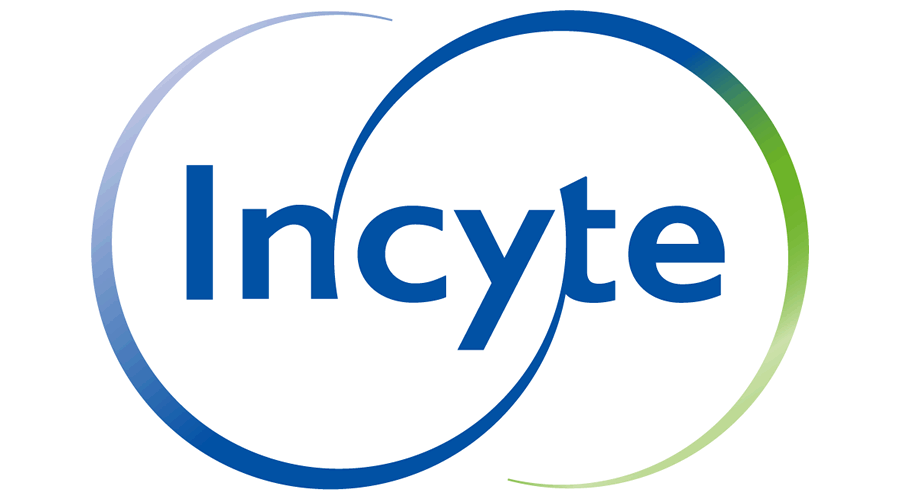- About Us
- Advertise / Support
- Contact Us
- CancerNetwork.com
- TargetedOnc.com
- OncLive.com
- OncNursingNews.com
- Terms & Conditions
- Privacy
- Do Not Sell My Information
© 2025 MJH Life Sciences™ and CURE - Oncology & Cancer News for Patients & Caregivers. All rights reserved.
Community Is ‘One of the Biggest Assets’ for Patients With MPNs

Brielle Benyon, Assistant Managing Editor for CURE®, has been with MJH Life Sciences since 2016. She has served as an editor on both CURE and its sister publication, Oncology Nursing News. Brielle is a graduate from The College of New Jersey. Outside of work, she enjoys spending time with family and friends, CrossFit and wishing she had the grace and confidence of her toddler-aged daughter.
An expert explained the benefits of patients with myeloproliferative neoplasms finding a community of people with similar diagnoses.
Patients with myeloproliferative neoplasms (MPNs) can find immense benefit from joining a community of people with a similar diagnosis, according to Nichole Ard, senior clinical studies coordinator at The University of Texas MD Anderson Cancer Center in Houston.
MPNs are a group of rare blood disorders that affect the way that the bone marrow makes blood. MPN groups help patients connect, review resources and become more educated on their disease, according to Ard, who was also honored at CURE®’s 11th annual MPN Heroes® recognition event.
READ MORE:LeVar Burton Gives ‘Voice and Visibility’ to Patients with MPNs Through Storytelling and Advocacy
“I have patients that come in and they already know what I'm going to say half the time because they've talked to somebody else who's told them their story,” Ard said in an interview with CURE® ahead of the event.
Transcript
With my work, I've found that MPN patients find a community. There is a large community of patients that have gotten together, and they talk, and they review resources, and they tell their stories to each other, and I feel like that is probably one of the biggest assets for that community is that they are able to do those things.
I have patients that come in and they already know what I'm going to say half the time because they've talked to somebody else who's told them their story. And so I think that's a big part of any cancer is finding community, finding somebody who can relate with you in, in what you're going through. And I've, I've just found that that's been super helpful for my patients.
For more news on cancer updates, research and education, don’t forget to subscribe to CURE®’s newsletters here.
Related Content:




